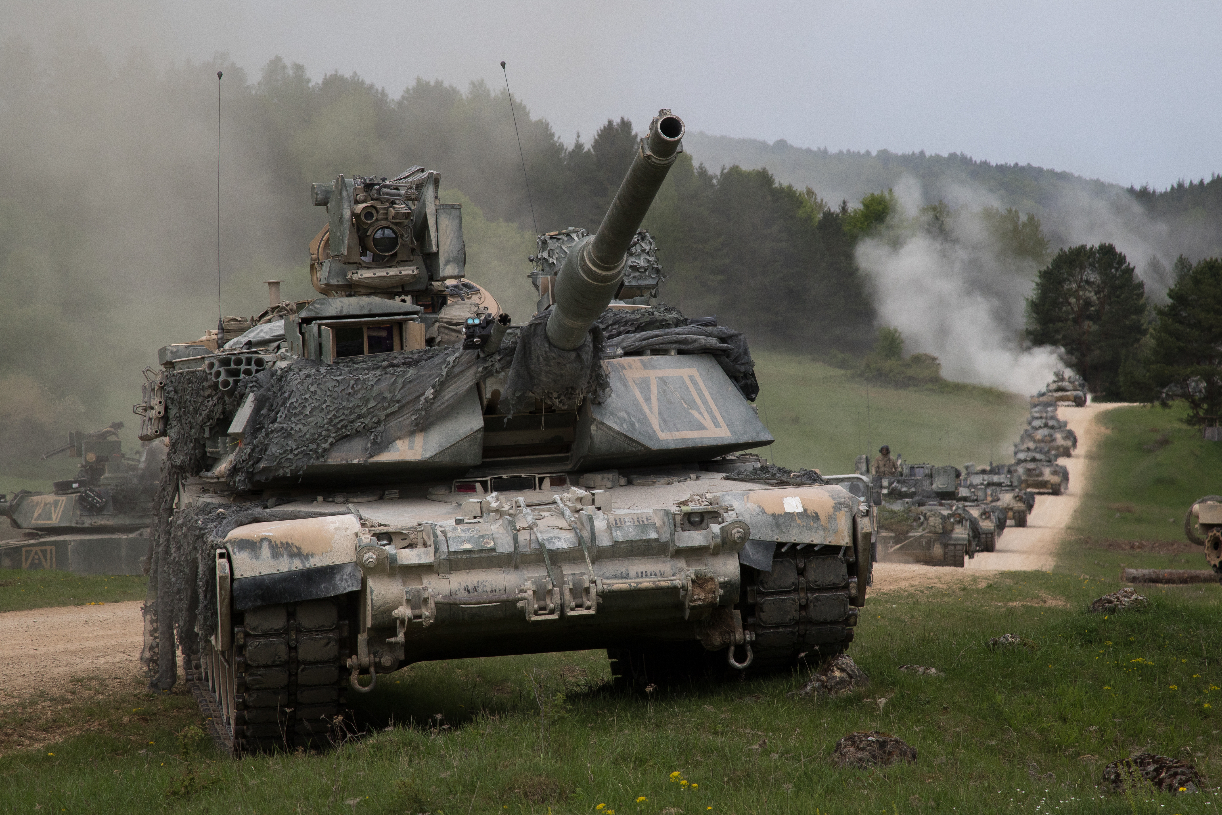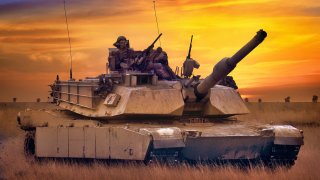Ukraine’s Push into the Kursk Oblast: Putin's Response Is Coming
The policymaking season in Russia begins in the final days of August, as a critical number of officials return from summer vacations. It won’t be long before the full political repercussions of Ukraine’s Kursk offensive become clear.
Note: This op-ed was written as a contribution to the National Interest symposium on the Ukrainian operation in Kursk.
Ukraine’s offensive in the Kursk region has caught the Russian political and military leadership off guard. While many observers have long recognized Ukraine’s ability to strike within Russia’s internationally recognized borders, the prevailing assumption in Russia was that Kyiv would gain little from such an operation. This belief persisted amidst relative political stability in Russia and general skepticism among Ukraine’s international partners about Kyiv’s ability to shift the war’s dynamics.
However, the situation has evolved: ongoing purges among Russia’s military leadership, frantic Kremlin attempts to block access to YouTube and other messaging platforms, and other recent developments have contributed to growing uncertainty. This shifting landscape may have created an opportunity for Ukraine to launch a bold and risky incursion into Russian territory.
As of the end of August 2024, the scale of the Ukrainian advance in Kursk appears limited to several hundred square miles—a small fraction compared to the over 40,000 square miles of internationally recognized Ukrainian territory currently occupied by Russia. So far, Russian forces have largely contained the Ukrainian troops’ advance in Kursk. The extent of destruction and displacement in the Kursk region remains relatively easy to hide from the broader Russian public, at least for now.
Nevertheless, the mere presence of entrenched Ukrainian forces in the Kursk area, along with attacks on neighboring Russian regions, has visibly pressured Moscow. Russian social groups that support the war against Ukraine are demanding effective countermeasures. To appease these demands, the Kremlin needs to quickly expel Ukrainian forces from Kursk or achieve a breakthrough elsewhere along the battlefront. Whether Moscow can do so, even with potentially weakening Ukrainian resistance in the Donbas, remains doubtful.
What Kursk Means to Moscow and Washington
The Kursk invasion has also exposed significant shifts in the public stances of Washington and Moscow. In late 2022, the United States reportedly viewed Russia’s threat to use nuclear weapons in Ukraine as a real possibility, especially as Russian forces were being pushed out of Kharkiv and Kherson. This perception led to a temporary slowdown in U.S. military aid to Ukraine. Today, however, Washington appears unfazed by Russia’s reaction to Ukraine’s direct incursion into Russian territory. Ukraine, in turn, has noted the apparent blurring of Russia’s “red lines.” Could this signal a forthcoming shift in U.S. policy toward aid to Ukraine?
Meanwhile, the Russian leadership has struggled to deliver a clear message in response to the Kursk attack. Typically adept at crafting strong rhetoric and reassurance, President Vladimir Putin has recently shown limited ability to set the agenda in the ongoing conflict with Ukraine. Russian officials have also been inconsistent in their diplomatic posture. For instance, Moscow recently ruled out negotiations with Kyiv, using the Kursk invasion as a pretext. This stance could lead to a stalemate at a time when Russia might benefit from talks; Ukraine is unlikely to withdraw from Kursk voluntarily, and ejecting them has proven challenging for Russia. Additionally, China, Russia’s key ally and one of the few third parties it listens to, has been vocal in demanding a diplomatic solution. By refusing to negotiate, Moscow may risk alienating its primary ally.

The policymaking season in Russia begins in the final days of August, as a critical number of officials return from summer vacations. It won’t be long before the full political repercussions of Ukraine’s Kursk offensive become clear.
About the Author
Mikhail Troitskiy is a visiting scholar at the Davis Center for Russian and Eurasian Studies, Harvard University, and a visiting professor at the Fletcher School of Law and Diplomacy, Tufts University.
Image Credit: Creative Commons and/or Shutterstock.


